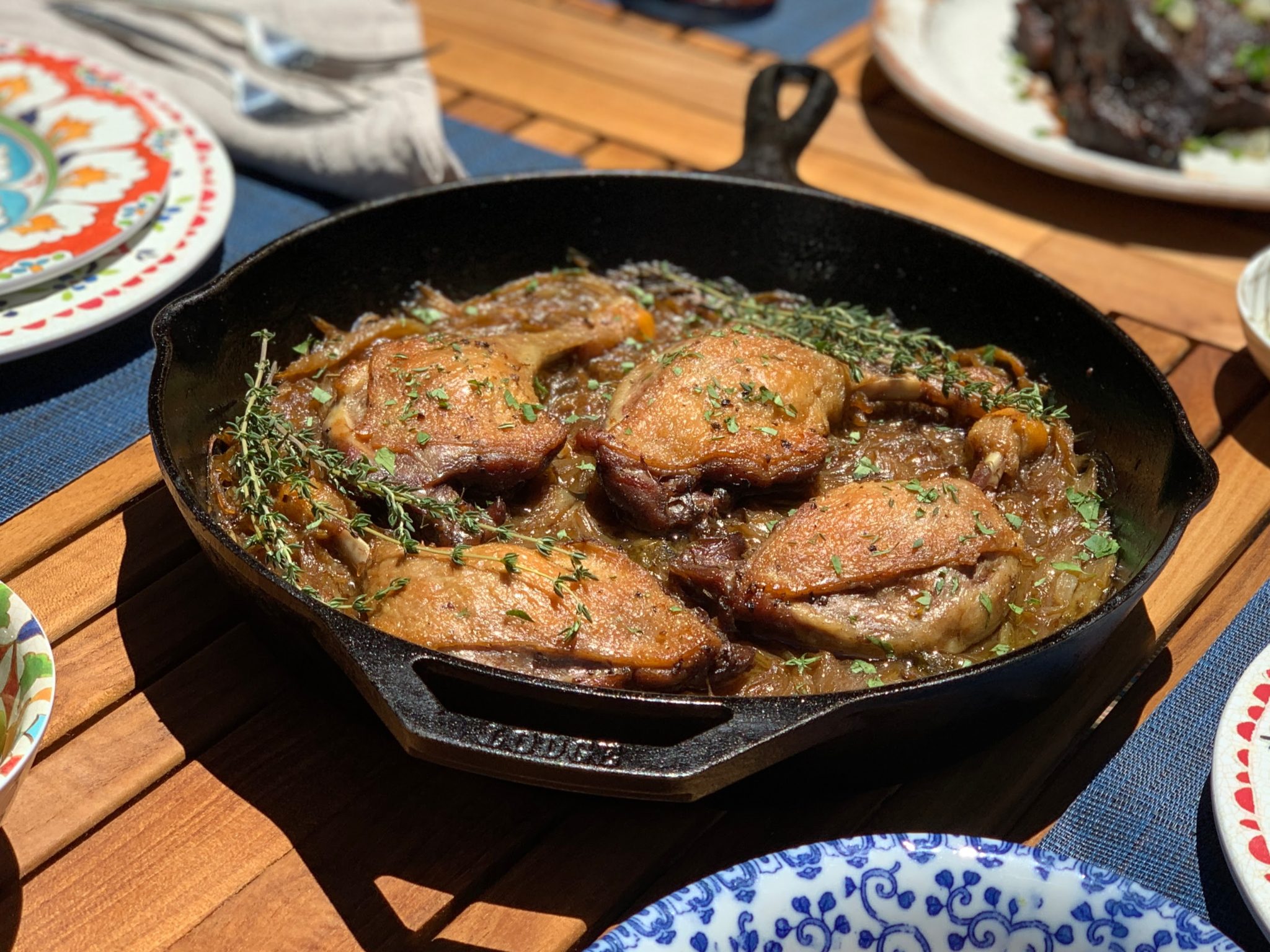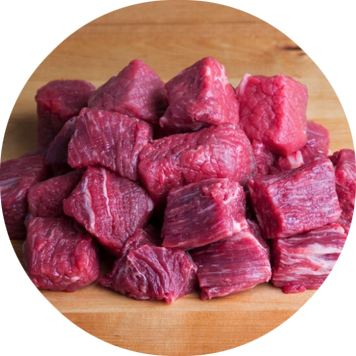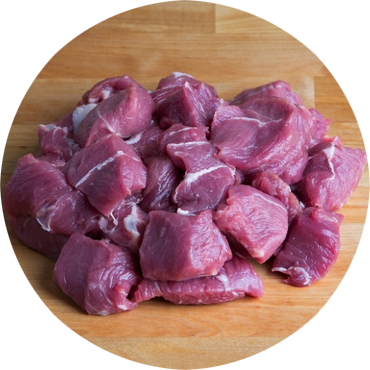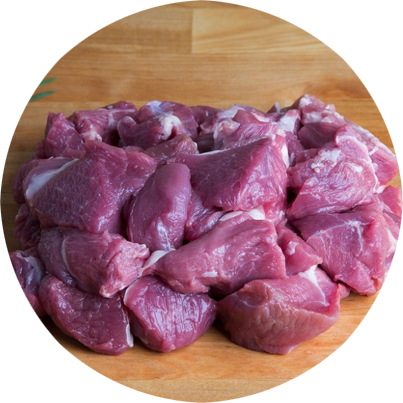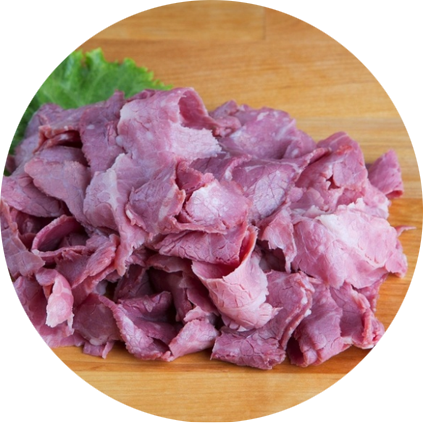Notes from Jeffrey & Liz, in The Gefilte Manifesto:
The smell of chicken soup—the undeniable scent of bubbes (grandmothers) and Friday night dinners—is the backdrop to the Ashkenazi kitchen. “How could one greet so important a guest as the Holy Sabbath with only borscht or barley soup?” asks Hirsz Abramowicz, explaining the importance of chicken soup for the Sabbath from his days as a Jewish villager in prewar Lithuania. “That would be a profanation.”
Let the chicken, vegetables, spices, and water simmer slowly, for hours, as you potchkie around the house. Once the broth is sufficiently cooked, let it cool, then leave it in the fridge overnight. It only gets better with time. If you’re serving your soup right away, pull out the carrots and celery before straining, and chop them into small pieces to serve in the soup. Since I always make my chicken soup in advance, I strain out all the vegetables and then toss in diced fresh carrots and celery the next day when reheating. It only takes about 20 minutes at a simmer for them to cook through. Be sure to always salt to taste, no matter what chicken you’re using. And don’t worry too much in general about the exact measurements in the recipe below. If you only have three celery stalks, you’ll be fine. Also, dill is an optional ingredient, as it can sometimes dominate the flavor of the broth, and not everyone loves a strong dill flavor. Chicken soup is forgiving, as long as you give its broth the time it deserves.
Makes about 2 Quarts / Serves 6-8
- 2 tablespoons vegetable oil or schmaltz
- 3 pounds chicken bones, feet, and/or necks, or whole carcass
- 3 medium onions, washed and quartered
- 4 carrots, peeled and halved lengthwise
- 4 celery stalks with leaves, halved lengthwise
- garlic cloves, crushed
- 9 to 10 cups cold water
- 3 dried bay leaves
- 11⁄2 tablespoons whole black peppercorns
- 4 sprigs fresh parsley
- 4 sprigs fresh thyme
- 3 sprigs fresh dill (optional)
- 11⁄2 to 3 tablespoons kosher salt
If desired, remove excess fat and skin from the chicken and reserve for making schmaltz.
In a large, heavy-bottomed soup pot, heat the oil over medium heat. Add the chicken, skin-side down (working in batches if all the chicken will not fit at once) and brown for about 10 minutes, until the chicken is aromatic and golden brown. Add the onions, carrots, celery, and garlic and cook, stirring, until the onions become slightly translucent and aromatic, about 10 minutes more.
Pour the cups cold water into the pot; enough to cover the chicken and vegetables. Add the bay leaves, peppercorns, parsley, thyme, dill (if using), and 11/2 tablespoons of the salt. Cover and simmer over low heat for at least 3 hours, occasionally lifting the lid and skimming off any foam that rises to the surface.
Strain the liquid through a fine-mesh strainer into a large bowl or other container, pressing down on the vegetables with a ladle to squeeze out as much concentrated flavor as possible. If you’re serving the soup right away, pull out a couple of carrots and celery stalks before straining. Chop them up and place in bowls, with bits of cooked onion and cooked chicken and dumplings, and ladle in the broth. Garnish with dill or parsley. If only making broth, reserve the chicken pieces for soup or for Grandpa Joe’s Famous Chicken Salad. Taste and add salt as needed. Let cool, then refrigerate overnight.
The next day, remove any fat that has solidified on the surface. Chicken broth will keep in the refrigerator for up to 5 days, but freezes well for months. Serve with Rustic Matzo Balls, Beef Kreplach, Egg Lokshen “Noodles”, or other starches, like kasha or rice.
Excerpted from the book THE GEFILTE MANIFESTO by Jeffrey Yoskowitz & Liz Alpern. Copyright ©2016 by Gefilte Manifesto LLC. Reprinted with permission from Flatiron Books. All rights reserved.




